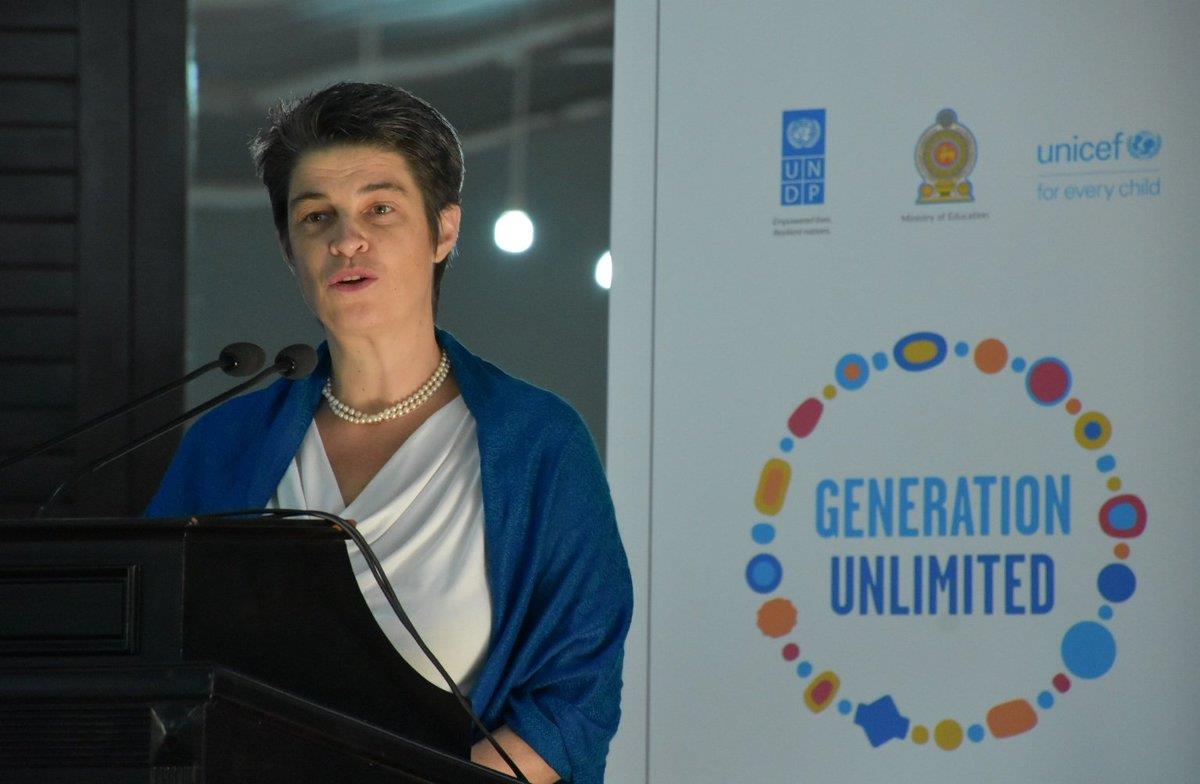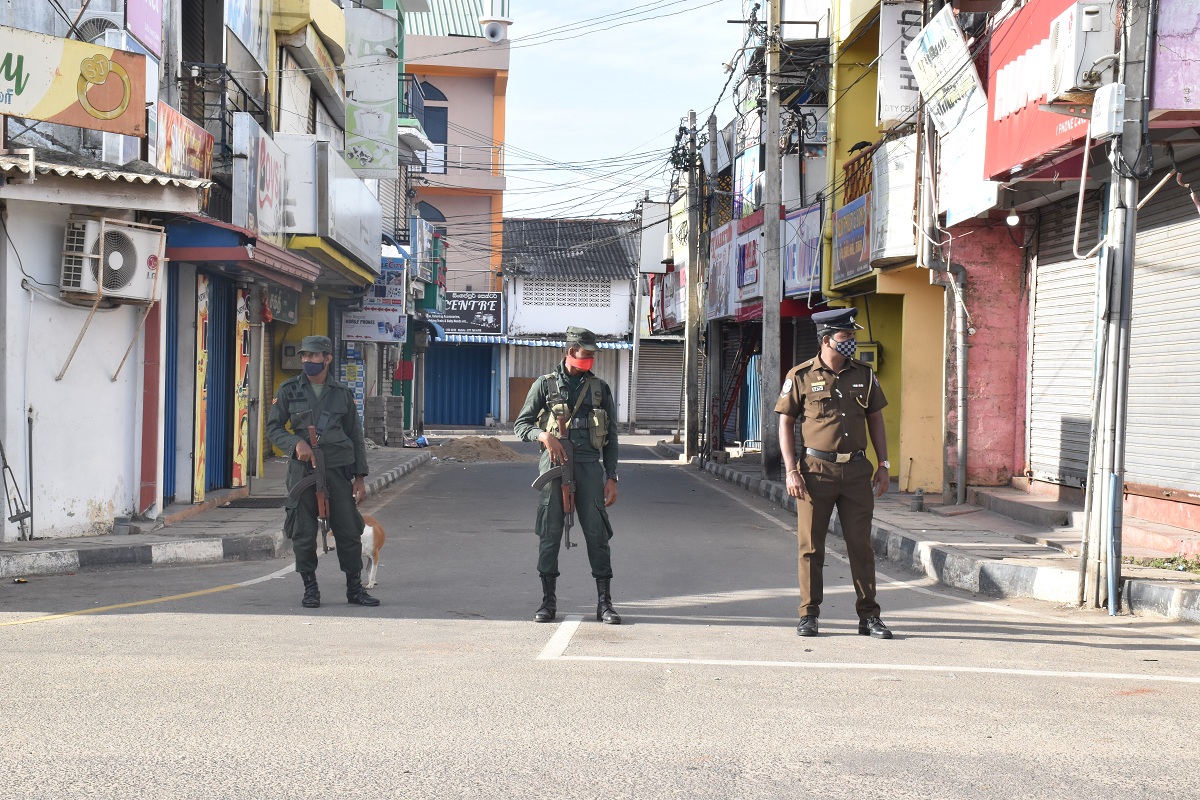
Deputy Representative of UNICEF in Sri Lanka, Emma Brigham, issued a statement with the Sri Lanka Ministry of Health praising the current regime’s handling of the COVID-19 pandemic despite grave human rights concerns and the imposition of discriminatory legislation.
In her statement, she highlighted misinterpretations of maternal mortality in Sri Lanka and claimed that the government took concentrated efforts to mitigate the “consequences of the pandemic on pregnant mothers and children”. Her statement failed to comment on the militarised nature of the government’s response which has been headed by accused war criminal and head of the Sri Lankan army Shavendra Silva.
Militarised Response

Sri Lanka’s response to the pandemic has received heavy international criticism with Boram Jang, Legal Advisor at the International Commission of Jurists Asia & the Pacific Programme, noting that; the “involvement of the military at every level, with limited parliamentary and civilian oversight, raises serious human rights and rule of law concerns".
“Having the military to oversee the public health policy and to act as the State’s first responders also normalises military occupation, exacerbates the existing ethnic divides, and further deteriorates human rights in Sri Lanka” he further added.
Criticism of UNICEF
UNICEF has faced sharp criticism for actively engaging with Sri Lankan officials accused of grievous war crimes and human rights abuses. In May 2020, they collaborated with Sri Lanka’s prime minister and accused war criminal, Mahinda Rajapaksa, to produce a video for children on the coronavirus.
Responding to this video, Canadian parliamentarian, Gary Anandasangaree, tweeted
“UNICEF cannot be that desperate to use an alleged war criminal [Rajapaksa] interacting with kids to support kids during COVID 19 […] Perhaps some collaboration on finding out who is responsible for the kids who went missing under [Rajapaksa’s] watch may be more appropriate.”
During Rajapaksa’s rule Sri Lanka a brutal military offensive that slaughtered tens of thousands of Tamil civilians and thousands of children were murdered. Countless children were also forcibly disappeared, many of whom were last seen in Sri Lankan military custody with their parents.
In August 2020, UNICEF launched a campaign praising Sri Lanka for reopening schools ignoring their previous condemnation of Sri Lanka’s history of violence against children.
This collaborative campaign launched the same week as the remembrance of the Sencholai massacre where, the Sri Lanka Air Force bombed the Sencholai Girls Orphanage, killing 61 Tamil children, 3 instructors and wounding more than 100 other children, to which no one has been held accountable for till this day.
Read the UNICEF statement here.
We need your support
Sri Lanka is one of the most dangerous places in the world to be a journalist. Tamil journalists are particularly at threat, with at least 41 media workers known to have been killed by the Sri Lankan state or its paramilitaries during and after the armed conflict.
Despite the risks, our team on the ground remain committed to providing detailed and accurate reporting of developments in the Tamil homeland, across the island and around the world, as well as providing expert analysis and insight from the Tamil point of view
We need your support in keeping our journalism going. Support our work today.
For more ways to donate visit https://donate.tamilguardian.com.

